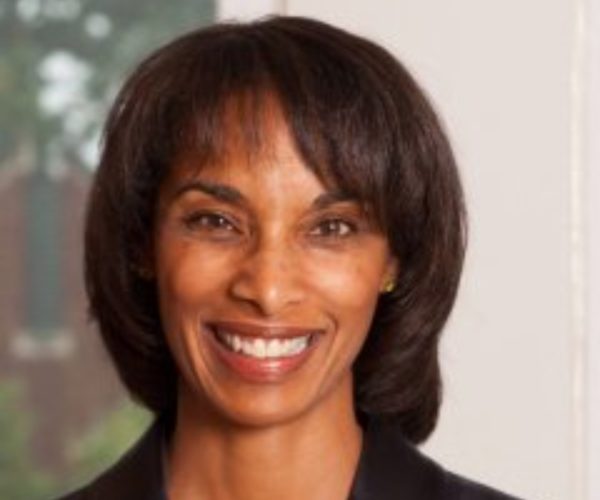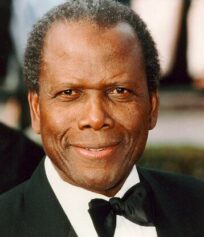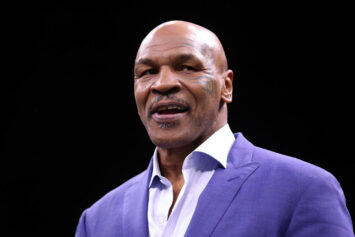By Christopher Condon
Council of Economic Advisers Chair Cecilia Rouse said the Federal Reserve has the White House’s confidence, a day after the central bank pivoted toward a decidedly more hawkish policy path.
Asked Thursday whether she worried the Fed might react too strongly to inflation at the expense of job creation, Rouse said, “We have the confidence they will make the right call.”

Speaking in an exclusive interview with Bloomberg Television and Radio, Rouse noted that the Fed has a dual mandate to achieve both price stability and maximum employment. She said she expects policy makers “will be balancing those two concerns.” She highlighted that “the Fed is an independent agency.”
Rouse also expressed optimism that Congress will pass Biden’s 10-year, roughly $2 trillion economic spending and investment package known as Build Back Better early in 2022.
Democratic infighting has stalled its passage. Biden has been negotiating directly in recent days with West Virginia Democratic Senator Joe Manchin, who is holding up the bill, but those discussions haven’t yielded any breakthrough.
Spending Bill
“I have every confidence — I have no reason to doubt — that it won’t be picked up forthwith in the new year and, with that, we’ll get the work done to get it passed,” she said.
Rouse was speaking a day after Fed Chair Jerome Powell — in a sharp shift from the central bank’s previous stance — effectively declared inflation to be the U.S. economy’s No. 1 enemy. The Fed on Wednesday decided to quicken the pace at which it tapers stimulative bond purchases, and projected three interest-rate increases for 2022. In September, policy makers were divided over whether to hike rates even once in 2022.
“A careful read of Chair Powell’s statement is he did not change his characterization of inflation — which is that we get it is part of supply-demand disruption — but as the economy knits itself back together, we expect those inflationary pressures to ease,” Rouse said.
Powell on Wednesday said, “While the drivers of higher inflation have been predominantly connected to the dislocations caused by the pandemic, price increases have now spread to a broader range of goods and services.”
Inflation Outlook
Rouse also said that “outside” forecasters expect that inflation at this time next year to be about half of its current pace and that it will further drop to the Fed’s 2% target “in the coming years.”
Consumer prices rose 6.8% in the year through November, the biggest 12-month jump in nearly 40 years. Unemployment, meanwhile, has dropped precipitously from its pandemic peak of almost 15% in April 2020 to 4.2% in November. Still, millions who exited jobs during the pandemic remain out of the labor force and so don’t show up in unemployment figures.
Rouse said some of those were early retirees who may not return, but others will come back to jobs if the virus fades. “It’s going to take time,” she said.
The CEA chair declined to comment on when Biden may announce three expected nominations to the Fed’s Board of Governors.
More stories like this are available on bloomberg.com.




